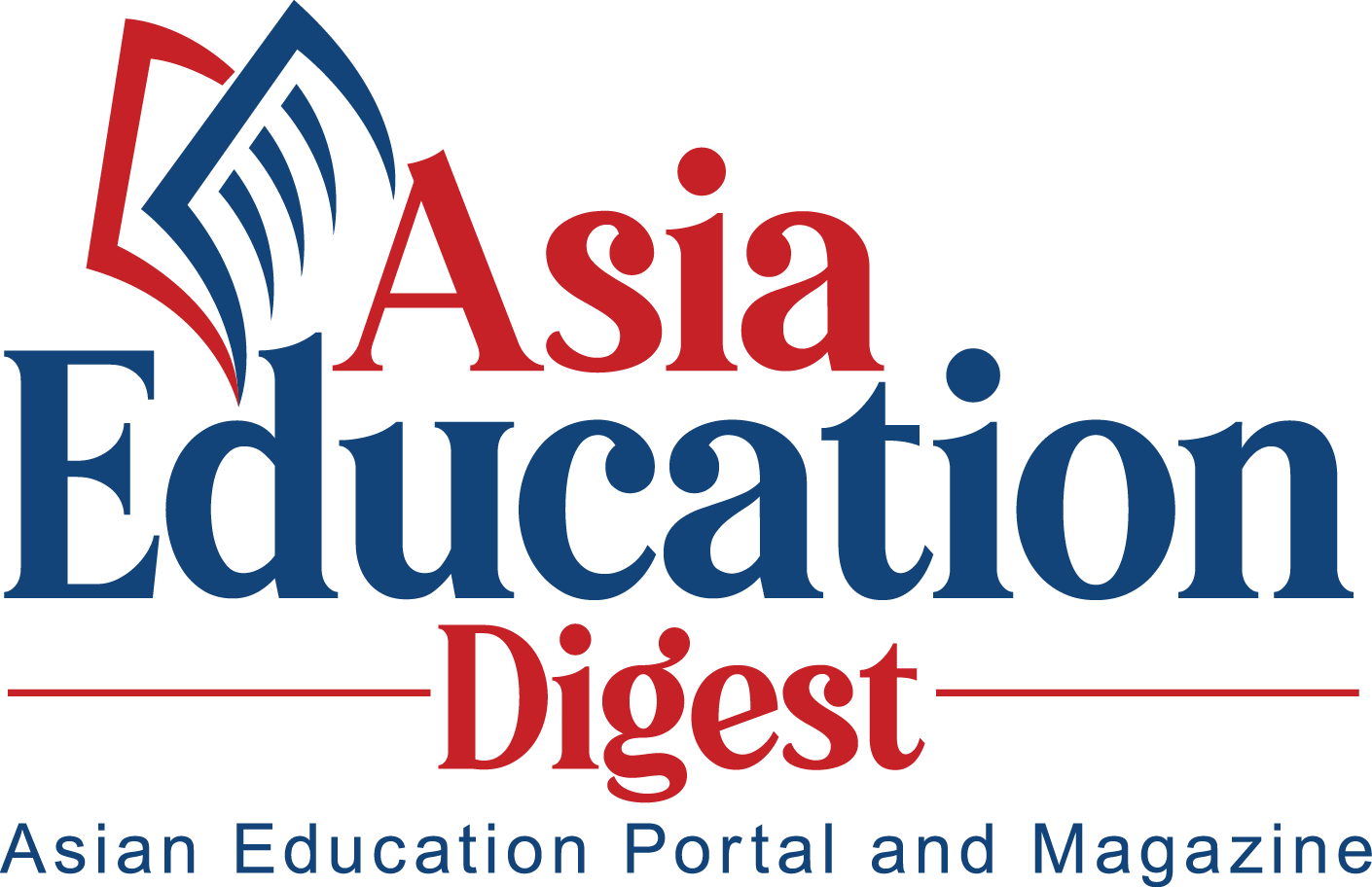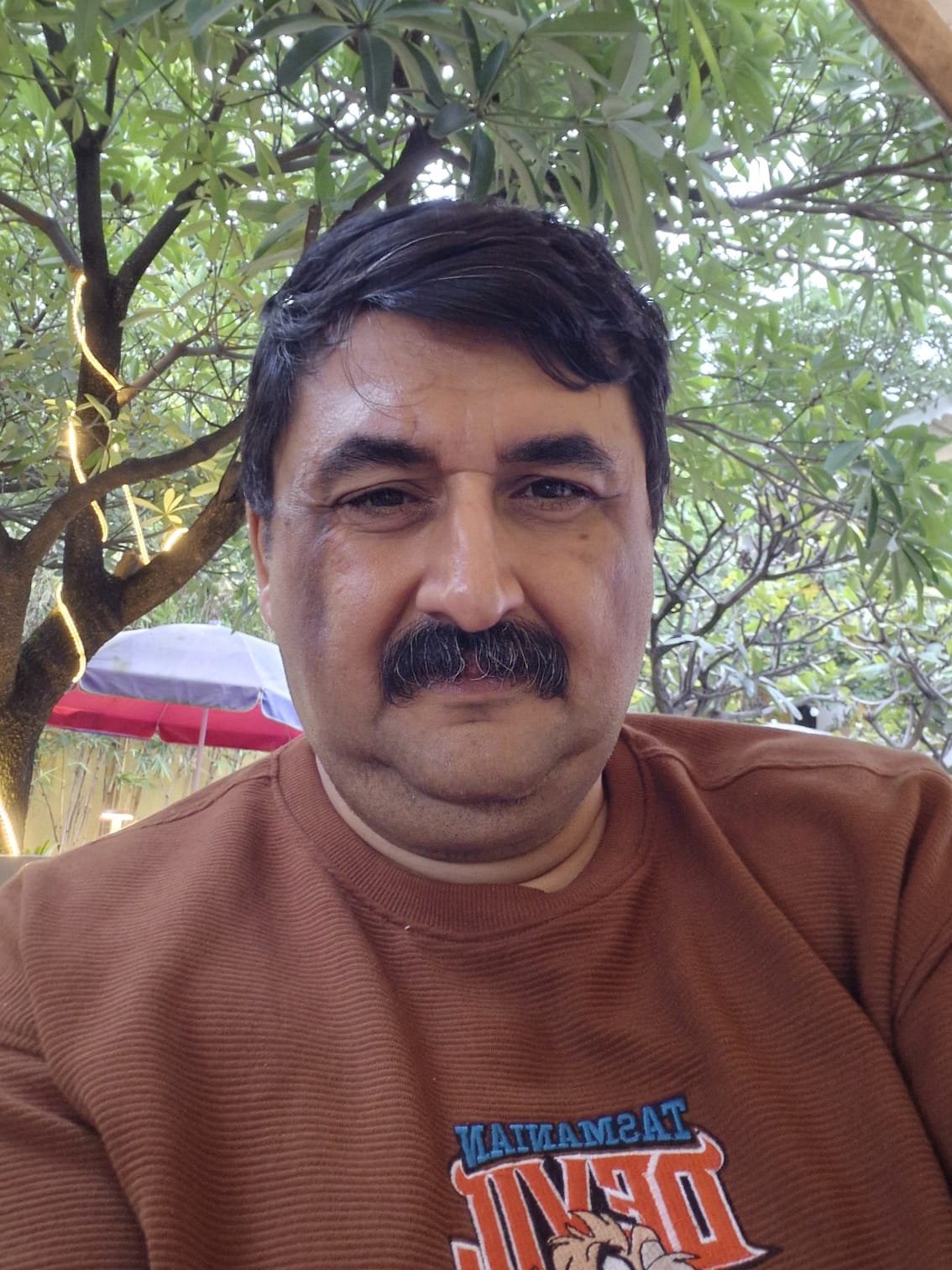With creativity far beyond their years, Aarav and Het’s award-winning project ValetDroid turned heads at the WRO India Nationals 2025, where their innovative approach to solving real-world challenges through technology earned them the coveted first place. This AI-powered valet parking robot — designed to navigate tight spaces using path-finding algorithms and intelligent motion control — showcased not just technical skill, but a deep understanding of how innovation can improve urban living.
What began as a simple idea to make city parking safer and smarter evolved into a sophisticated model of precision, teamwork, and vision. Their success has now propelled them to represent India at the World Robotics Olympiad in Singapore, standing as a testament to how imagination, when paired with determination, can create meaningful impact.
In this Star Scholar feature, Aarav Pandya (12) and Het Upadhyay (13) from Billabong High International School, Vadodara share their journey — from concept to creation — offering a glimpse into the minds of two young innovators who are already building the future.
Q: Can you tell us how the idea for Valet Droid first came to your mind?
A: The idea for Valet Droid came to us during a visit to a hotel with our family. The parking area there was very unorganized — cars were parked randomly, and people had to wait for a long time to get their vehicles. That experience made us think, “What if there was a robot that could park cars neatly and automatically?” That simple thought became the seed for Valet Droid, a robotic valet parking system that makes parking smart, efficient, and fully automated.
Q: Who or what inspired you to take up robotics and coding at such a young age?
A: We have always been curious about how things work. Even as kids, we loved opening toys and machines to see what was inside. Our parents have always supported our experiments — even when they didn’t fully understand what we were doing! Later, we got inspired by innovators like Elon Musk and by watching young creators around the world. That’s when we realized that innovation has no age — it only needs curiosity and imagination.
Q: How does Valet Droid work in simple terms, and why do you think it’s an important solution for cities today?
A: Valet Droid is a robotic valet parking system that automatically parks vehicles without any human help. It detects a car entering the area, finds an available slot, and guides the car to park using sensors, AI, and automation. In big cities, parking is a major problem — Valet Droid helps save time, fuel, and space while reducing human errors and congestion.
Q: What were the biggest challenges you faced while building it, and how did you overcome them?
A: One of the toughest challenges was making sure the robot, sensors, and Flask server communicated perfectly in real time. Even a small delay could cause problems. We spent hours debugging, testing, and refining the system. Another challenge was designing a smooth navigation process. We learned to be patient and persistent — every failure taught us something new and brought us one step closer to success.
Q: How did it feel to win the WRO India Nationals 2025 and know you’ll be representing India at the global competition in Singapore?
A: It was one of the best moments of our life! Winning the WRO India Nationals was not just about the trophy — it was about seeing our hard work pay off. Representing India at the World Robot Olympiad Global Finals in Singapore is a dream come true. It’s an honour to carry our country’s flag and show what young Indian innovators can achieve.
Q: What role did your school, teachers, and family play in supporting your journey?
A: Our school and teachers were very supportive — they encouraged us to follow our passion and gave us the flexibility to focus on our project. Our parents have been our biggest supporters from the very beginning. Even though they aren’t from a tech background, they always believed in us, helped us get the resources we needed, and motivated us to keep going no matter what.
Q: What important skills have you gained from working on robotics projects — beyond just coding or building?
A: Robotics has taught us so much more than just coding and electronics. We have learned problem-solving, teamwork, time management, and patience. We have also developed presentation and communication skills — because explaining our innovation is as important as building it. Most importantly, we learned how to think creatively and never give up, no matter how complex the problem seems.
Q: If you could build your dream invention in the next 10 years, what problem would you want to solve with technology?
A: In the next 10 years, we want to focus on sustainable, AI-powered solutions that make cities smarter and more eco-friendly. Our dream is to create systems that combine automation, renewable energy, and data intelligence to solve problems like pollution, waste management, and traffic congestion. We want our inventions to not only make life easier but also help protect our planet.
Q: What advice would you give to other young students who want to start exploring robotics or innovation?
A: Start small and stay curious. Don’t wait for the perfect time or the perfect equipment — just begin with what you have. Every failure is a lesson, and every experiment brings you closer to success. Keep learning, keep building, and most importantly — believe in your ideas. You’re never too young to innovate; all you need is imagination and determination.
Acknowledgment:
Asia Education Digest warmly acknowledges the gracious support of Dr. Priti Shrimal, Principal, Billabong High International School, Vadodara, whose encouragement and coordination made this feature possible. We extend our sincere gratitude to her for connecting us with Aarav and Het and for nurturing young minds who exemplify the spirit of innovation and excellence.





